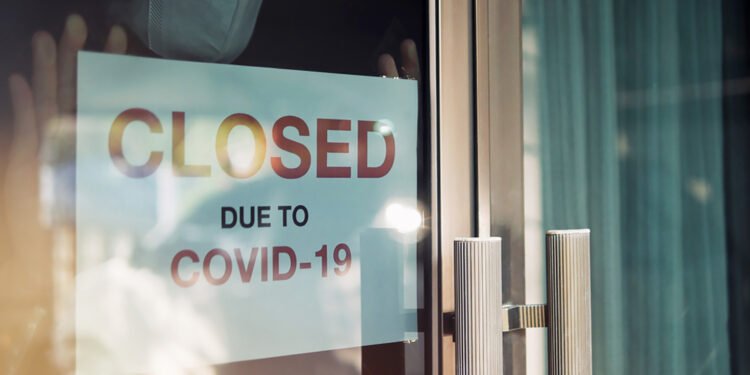Coronavirus cases have been on the rise in the U.S. since mid-June, and as a result, some states have already forced fitness facilities — including community rec centers — to shut their doors again.
Whether you’re in Florida or Texas, where the number of COVID-19 cases is rising rapidly, or in Utah or Indiana, where the virus is spreading steadily but much slower, preparing for a possible reclosure of your facilities is important.
According to Mandy Lail, the marketing director of the YMCA of Northern Utah, with three locations in Utah, it’s best for facilities to expect the unexpected in these unprecedented times, and prepare for that. “Think of every ‘what if’ situation you can, develop a plan and share it early and often,” she advised. “Make sure your teams are aware of what you are doing and what they are responsible for.”
For now, it’s business as usual for the Northern Utah Y, but in the event they have to reclose their facilities, they have a plan in place.
“Emails are in the queue, graphics have been created, letters are ready for employees and our teams are aware of their communication plans,” said Lail. “We have been working very closely with the Health Department when there has been possible exposure, so we would take their advice on how to proceed.”
While it’s imperative to have employees prepared for the unfortunate event of a facility reclosure, communicating openly with your members about the possibility is also important.
“We have been very upfront with our families when it comes to how we will proceed if we need to close,” explained Lail. “We created an 85-page, in-house COVID Operations manual for our Summer Day and Resident Camps programs, and have distilled it into a 25-page document for families to read on our website if they are interested.”
The aim of these resources is to prepare members for any reclosure scenario. “This way, they know our plans up front and aren’t caught off guard by a closing that could affect their childcare options,” said Lail.
The COVID-19 pandemic has been unpredictable, and with so much uncertainty around the industry, the best each organization can do is prepare for every “what if” situation they can think of and clearly communicate that plan to staff and members.
“Create everything you can ahead of time,” said Lail. “That allows your communication to look and feel like you’ve prepared, instead of panicked and rushed when an unexpected reclosure happens.”
Bobby is the former editor of Community Rec Magazine.










